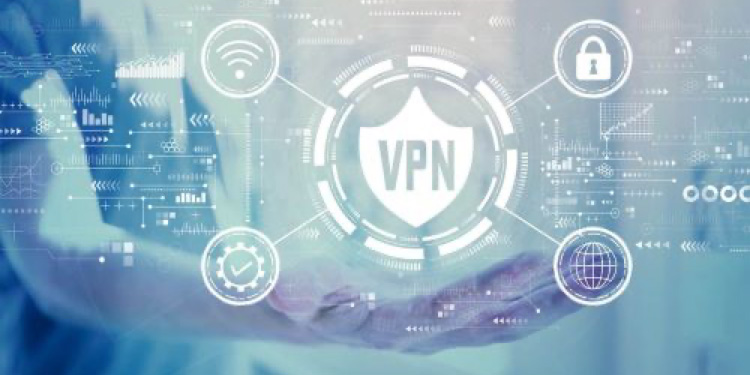
If you are concerned about your online privacy, want to safeguard your data from third parties, or are considering a way to avoid geo-restrictions, a VPN will address all these potential risks.
Do you need a VPN?
A VPN protects you in three main ways:
- creates an encrypted gateway for your data
- hides your IP address
- allows you to use public Wi-Fi hotspots securely
One of the greatest benefits of using a VPN is data protection. Since so much of our lives are online today, security has become a major concern. A VPN not only protects your online activities and personal information but also it adds an extra security layer against cybercriminals, particularly if you regularly access public networks.
A VPN also creates a secure tunnel thus allowing you to keep your private data safe from malicious individuals or bots. (Malware bots and internet bots can be programmed/hacked to break into user accounts, scan the internet for contact information, to send spam, or perform other harmful acts)
The benefits of a VPN are certainly understandable in today's online world. One thing is certain – purchasing a reliable VPN service is definitely worth it. A VPN service provides all these advantages for just a few dollars per month.
Are Free VPNs worth having?
A free VPN is not free, because free lunches are not available. If you are using a free VPN, then you are simply allowing malicious third parties to access your computer for their own interests and purposes. VPNs are meant to protect you from all these malicious activities, so it’s in your best interest to pay for a dependable VPN service provider rather than compromising your privacy for a so-called free VPN service.
Understanding VPN Protocols:
VPN protocols are designed with the sole purpose of facilitating the encapsulation and encryption of transmitting various forms of data via a network. Every VPN provider will use certain VPN protocols, the following are commonly used.
(1) Point-to-Point Tunneling Protocol (PPTP)
This protocol encapsulates and encrypts data using an IP header and it can be used for both remote access and site-to-site VPN connections.
(2) Layer 2 Tunneling Protocol (L2TP)
Cisco (a networking hardware company in the IT world) developed this protocol and it uses elements of PPTP and layer 2 forwarding. It combines the aspects of both technologies in a single protocol and adds an extra layer of security at the transport level.
(3) Secure Socket Tunneling Protocols (SSTP)
This is one of the latest technologies that have the advantage of getting through firewalls and web proxies that have been known to block PPTP and L2TP. The encapsulation is done using a Secure Socket Layer (SSL) channel on the HTTPS protocol.
Buy your VPN service as a stand-alone purchase from Xstream TV or have it included with one of our IPTV Subscriptions
and save more than 25%!
Our VPN Services will be AVAILABLE SOON!!
VPN RECOMMENDATIONS
RECOMMENDED VPNs:
For optimal performance, we've compiled a list of VPNs that are known to work best with our service.
As you use IPTV streaming services, whether Xstream TV or other service providers, it’s essential to be prepared for potential disruptions. ISPs can occasionally restrict or throttle streaming services. To ensure uninterrupted enjoyment, consider powerful VPN solutions like NordVPN, Express VPN, IPVanish, and Surfshark. Not only do these VPNs help bypass ISP limitations, but they also prioritize your online security and privacy. We hope this has been informative and beneficial to you.
POST CONNECTION RESOLUTIONS:
Sometimes, after connecting to our streaming services, customers have experienced issues with Smarters Player App freezing up. Given this, our technical team recommends that you please clear the app cache from the device settings and restart the VPN and the Wi-Fi router.
Go to Settings of your device > Manage Applications >
Find the IPTV App you are using and click > Clear Caches > then hit Force Stop
Then restart your WIFI router and VPN.
Connect your device with the VPN first.
Choose the location of the VPN as the Netherlands and Singapore. Make sure to first connect the VPN to the device. Then open your HD IPTV App or the Smarters Player App.